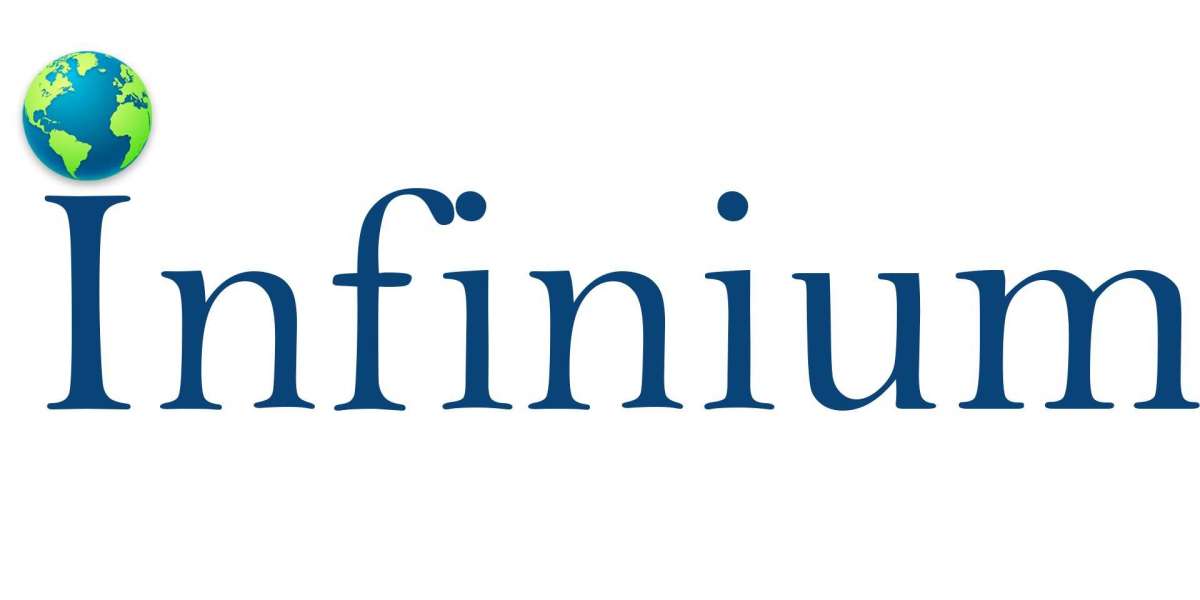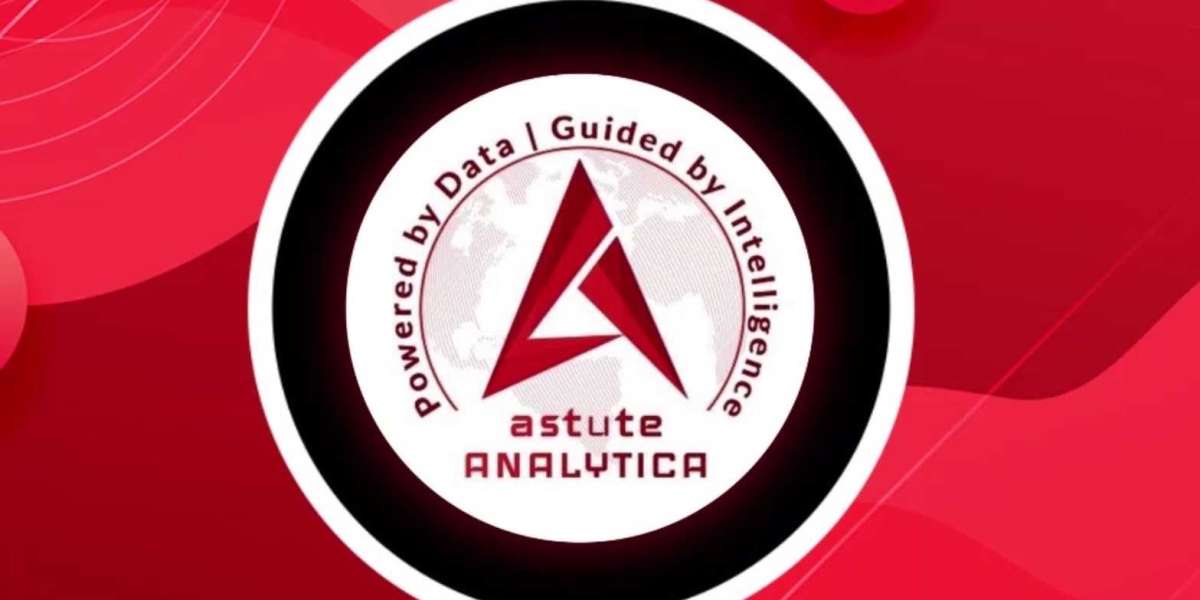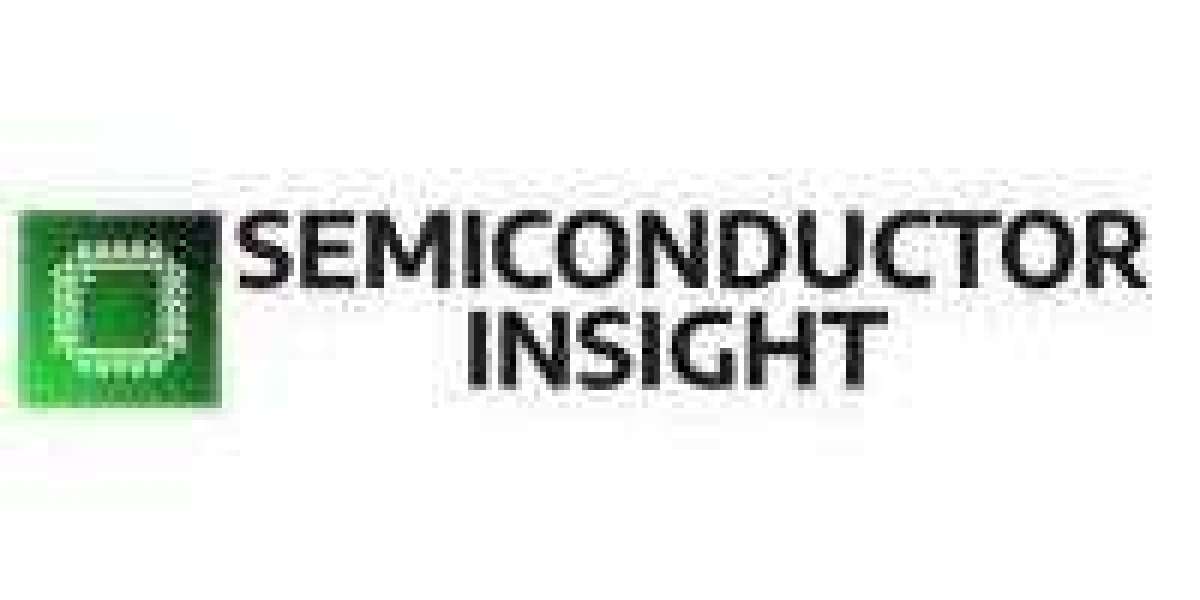Market Dynamics
Drivers:
Technological Advancements: Innovations in curing adhesives, such as UV-curable, heat-curable, and moisture-curable formulations, are enhancing performance and expanding application possibilities. These advancements improve curing speed, bond strength, and versatility, driving market growth.
Growth in End-Use Industries: The expansion of automotive, aerospace, and electronics industries boosts demand for high-performance curing adhesives. These sectors require reliable bonding solutions to meet rigorous performance standards and enhance product longevity.
Demand for Energy-Efficient Solutions: The increasing focus on energy efficiency and sustainability drives demand for adhesives that offer improved performance with lower environmental impact. Curing adhesives that meet these criteria are becoming more popular.
Challenges:
Raw Material Costs: Fluctuations in the prices of raw materials, such as resins and additives, can impact the production costs of curing adhesives. These cost variations can affect pricing strategies and profit margins for manufacturers.
Regulatory Compliance: Stricter regulations concerning the environmental and health impacts of adhesives pose challenges for manufacturers. Compliance with these regulations requires investment in RD and modifications to existing products and processes.
Competition and Market Saturation: The curing adhesives market is highly competitive, with numerous players offering a wide range of products. This competition leads to price pressures and requires companies to differentiate themselves through innovation and quality.
Opportunities:
Emerging Markets: Growing industrialization in regions such as Asia-Pacific and Latin America presents opportunities for market expansion. Increasing demand for high-performance adhesives in these regions offers significant growth potential.
Sustainable Product Development: There is a rising demand for eco-friendly and low-emission curing adhesives. Developing sustainable products that meet environmental regulations and consumer preferences can provide a competitive edge and open new market segments.
Sample Pages of Report: https://www.infiniumglobalresearch.com/reports/sample-request/1025
Regional Analysis
North America: The North American market is driven by advanced manufacturing and technology sectors. The U.S. and Canada have a high demand for curing adhesives in automotive, aerospace, and electronics industries, supported by ongoing technological advancements and industry growth.
Europe: Europe is a significant market for curing adhesives, with a strong focus on high-performance applications in automotive and aerospace sectors. Stringent environmental regulations are pushing the development of eco-friendly and low-emission adhesives.
Asia-Pacific: The Asia-Pacific region is experiencing rapid growth due to expanding industrial activities and increased demand for consumer goods. Countries like China, India, and Japan are major contributors to market growth, driven by rising industrialization and technological advancements.
Latin America Middle East Africa: These regions are seeing gradual growth in demand for curing adhesives, supported by industrial development and increasing manufacturing activities. Market expansion in these regions is driven by the growing need for high-performance adhesives in various applications.
Market Segmentation
By Type: The market is segmented into UV-curable, heat-curable, moisture-curable, and others. UV-curable adhesives are gaining popularity due to their fast curing times and high performance.
By Application: Key applications include automotive, aerospace, electronics, construction, and consumer goods. Automotive and electronics are major segments, driven by the need for reliable and high-strength bonding solutions.
By End-User: The market serves various end-users, including industrial manufacturers, electronics producers, construction companies, and consumer product manufacturers.
By Region: Regional segmentation includes North America, Europe, Asia-Pacific, Latin America, and the Middle East Africa, each with distinct market dynamics and growth drivers.
Competitive Landscape
Market Share of Large Players: Major players in the curing adhesives market, such as 3M, Henkel, Sika, and H.B. Fuller, hold significant market share due to their extensive product portfolios, established brand presence, and global distribution networks.
Price Control by Big Players: Large companies often influence market pricing through their economies of scale and strategic sourcing. They can set industry standards and pricing trends due to their substantial market presence.
Challenges from Smaller Companies: Small and mid-sized companies challenge larger players by focusing on niche markets, innovative formulations, and cost-effective solutions. They often target specific segments with specialized products that cater to emerging needs.
Key Players:
3M
Henkel AG Co. KGaA
Sika AG
H.B. Fuller Company
ITW Performance Polymers
Arkema Group
Jowat SE
Report Overview: https://www.infiniumglobalresearch.com/reports/global-curing-adhesives-market
Future Outlook
New Product Development: Innovation is crucial for companies to stay competitive in the curing adhesives market. Developing new products with enhanced performance characteristics, such as faster curing times, higher bond strength, and improved environmental sustainability, helps companies meet evolving market demands and maintain a competitive edge.
Sustainable Products: The demand for eco-friendly and low-emission adhesives is increasing as consumers and industries focus on sustainability. Companies that invest in developing sustainable curing adhesives that meet environmental standards will likely attract a growing segment of environmentally conscious customers and gain a competitive advantage.
Conclusion
The curing adhesives market is characterized by rapid technological advancements and growing demand across various industries. While challenges such as raw material costs and regulatory compliance persist, opportunities in emerging markets and sustainable product development offer pathways for growth. Companies that innovate and adapt to market trends will be well-positioned for success in this dynamic industry.



